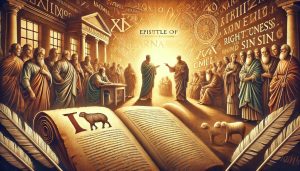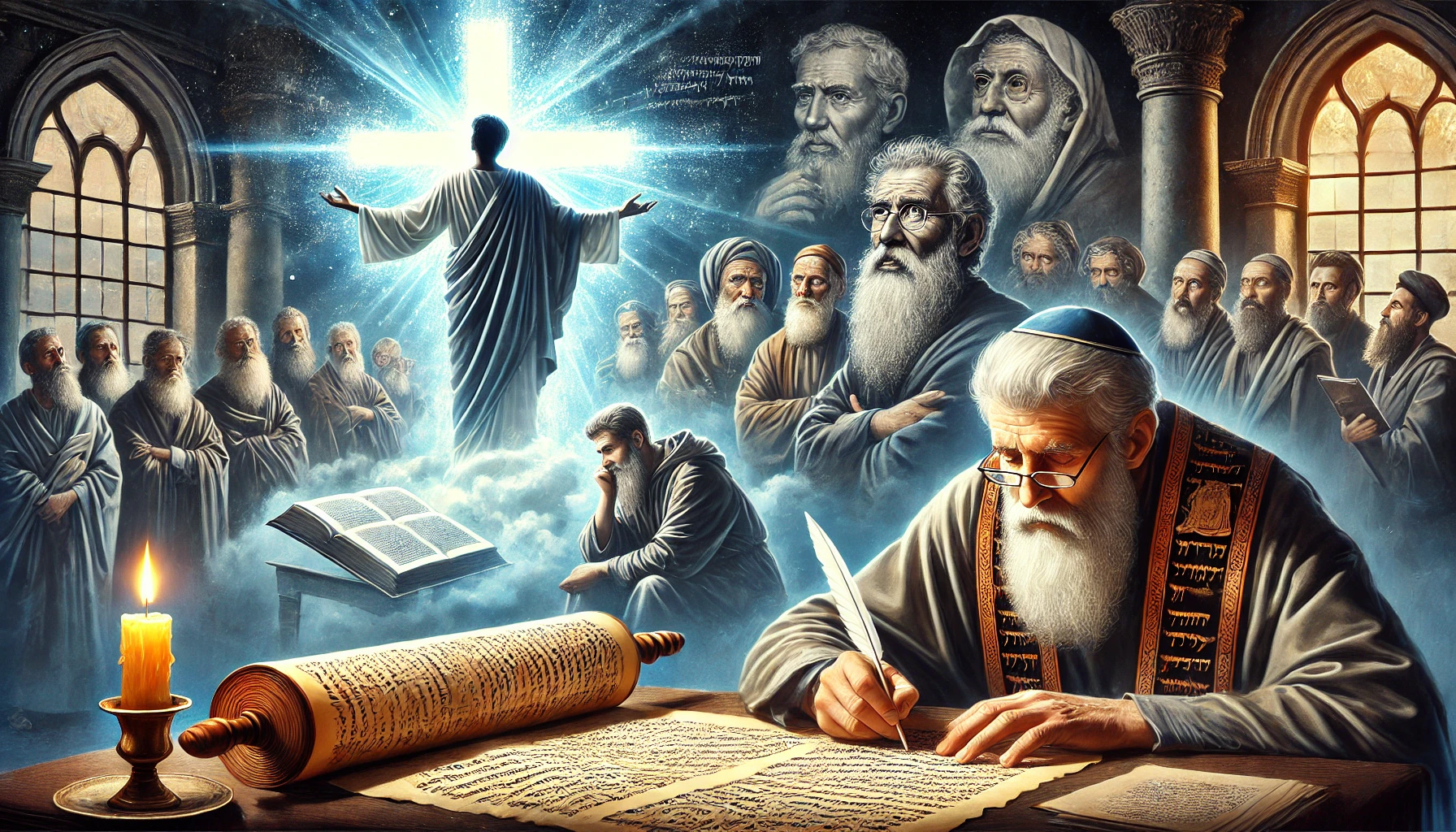
The Epistle of Barnabas
Chapter 1.
After the salutation, the writer declares that he would communicate to his
brethren something of that which he had himself received
All hail, you sons and daughters, in the name of our Lord Jesus Christ, who loved us in peace.
Seeing that the divine fruits of righteousness abound among you, I rejoice exceedingly and
above measure in your happy and honoured spirits, because you have with such effect received
the engrafted spiritual gift. Wherefore also I inwardly rejoice the more, hoping to be saved,
because I truly perceive in you the Spirit poured forth from the rich Lord of love. Your greatly
desired appearance has thus filled me with astonishment over you. I am therefore pursuaded of
this, and fully convinced in my own mind, that since I began to speak among you I understand
many things, because the Lord has accompanied me in the way of righteousness. I am also on
this account bound by the strictest obligation to love you above my own soul, because great are
the faith and lovedwelling in you, while you hope for the life which He has promised.
Considering this, therefore, that if I should take the trouble to communicate to you some portion
of what I have myself received, it will prove to me a sufficient reward that I minister to such
spirits, I have hastened briefly to write unto you, in order that, along with your faith, you might
have perfect knowledge. The doctrines of the Lord, then, are three: the hope of life, the
beginning and the completion of it. For the Lord has made known to us by the prophets both the
things which are past and present, giving us also the firstfruits of the knowledge of things to
come, which things as we see accomplished, one by one, we ought with the greater richness of
faith and elevation of spirit to draw near to Him with reverence. I then, not as your teacher, but
as one of yourselves, will set forth a few things by which in present circumstances you may be
rendered the more joyful.

